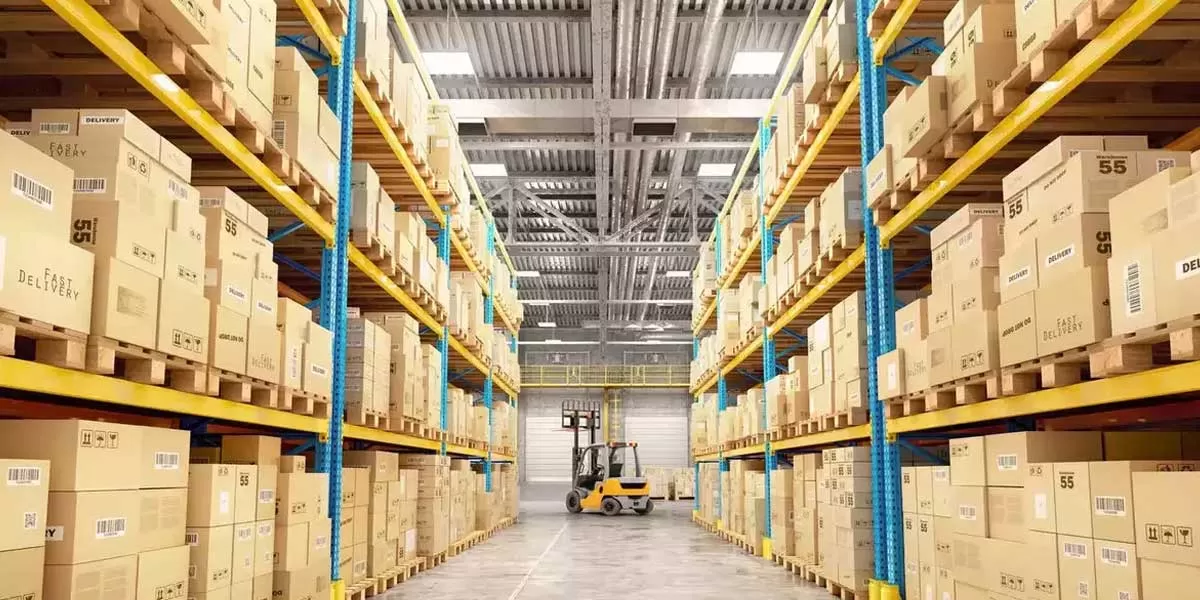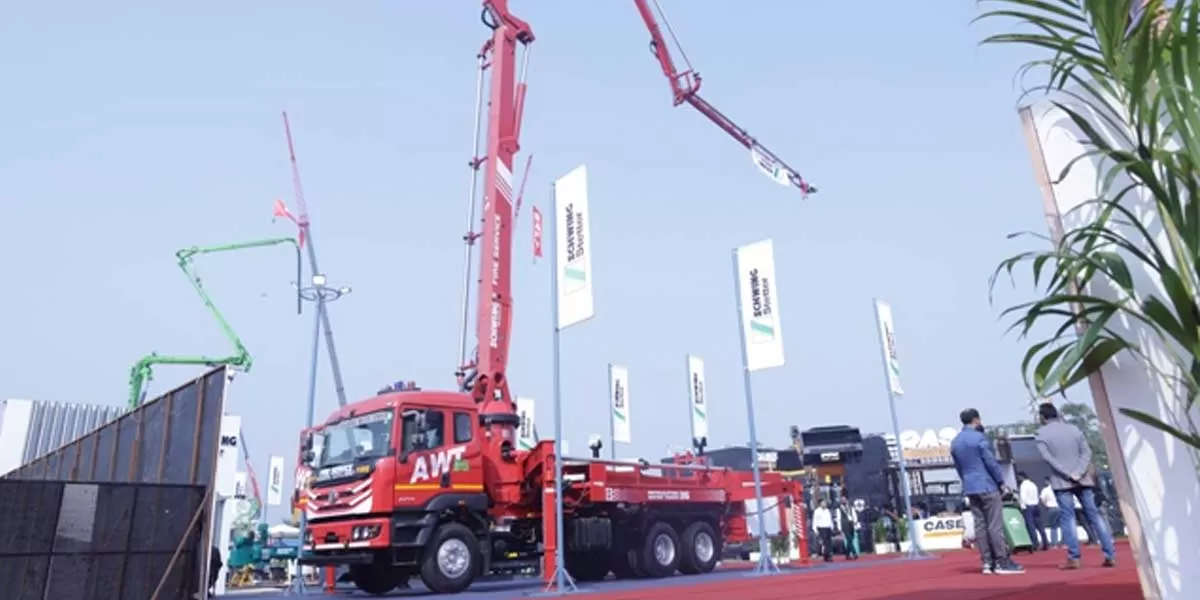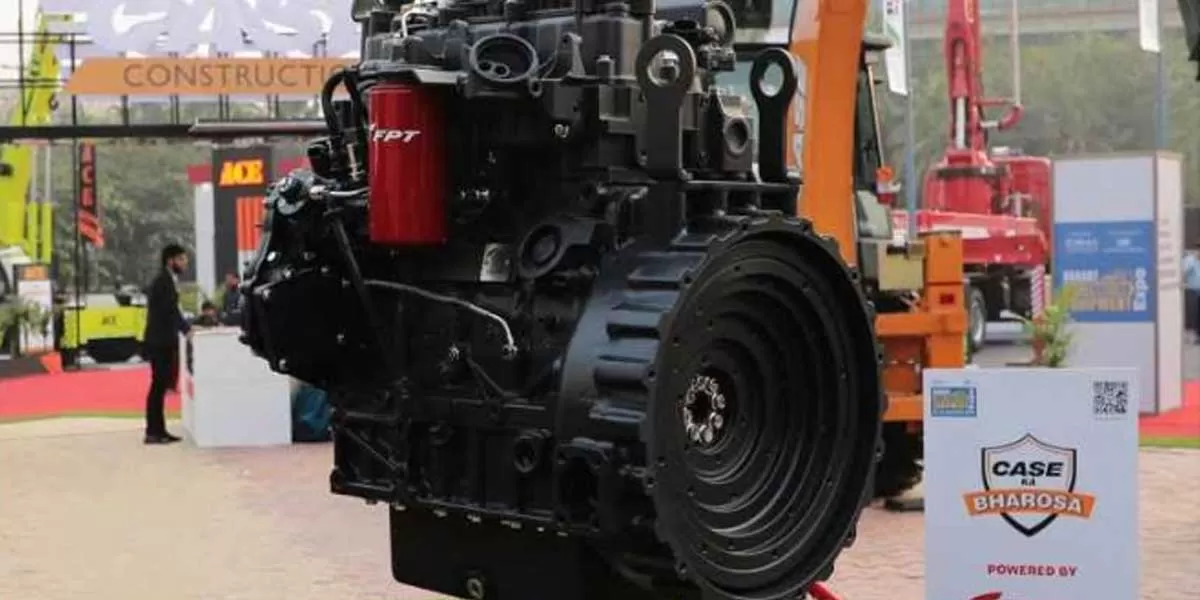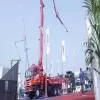
DPIIT and NCAER sign MoU for logistics costs assessment
Redefine the future of urban mobility! Join us at the Metro Rail Conference 2025 to explore groundbreaking ideas and insights. 👉 Register today!

Schwing Stetter Exhibits Eco-friendly CE at Bharat Mobility
Schwing Stetter India, a leading manufacturer of concrete and construction equipment in India, participated in the Bharat Mobility Global Expo 2025, showcasing its advancements in sustainable construction equipment including C&D waste handling, carbon emission reduction, environment conservation and fire safety. The expo held between 19th to 22nd January 2025, at India Expo Mart, Greater Noida, was an ideal platform for Schwing Stetter India to unveil its sustainability product lineup. Schwing Stetter India marked a significant milestone in contributing to the Nation’s 2070 net-zero goal by..

FPT Powers CASE Equipment with F28 CEV Stage V Engine
FPT Industrial, the Iveco Group brand dedicated to the design, production, and sale of powertrains and solutions for on- and off-road vehicles, as well as marine and power generation applications, is once again a key player for driving change. The CASE Construction Equipment booth at the Bharat Construction Equipment Expo (19-22 January, India Expo Mart, Greater Noida, India) saw the unveiling of the new version of the F28 engine, designed to comply with the Bharat Stage CEV V emission standards for the Indian market which have recently been introduced. As one of the global leaders in the indu..

How Blockchain is Changing Ownership and Transactions
The real estate industry has long been hindered by inefficiencies. Several factors, such as complex procedures, delays, high costs, and lack of transparency, plague the system. However, Blockchain technology is changing the game. Its decentralised, tamper-proof ledger promises a more secure, transparent, and efficient property transaction process. This shift is especially noticeable in the luxury real estate market. Impact on Property Transactions Blockchain creates a secure, immutable ledger that records property transactions. Each transaction is cryptographically protected. This makes it n..
















